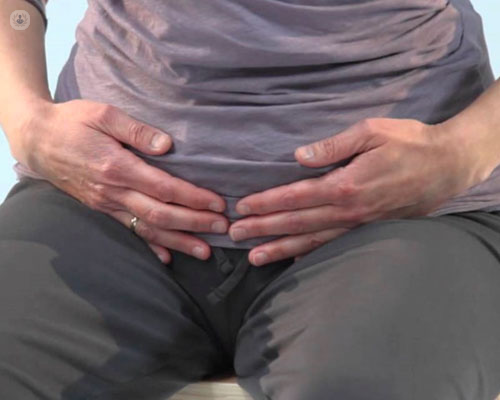Managing overactive bladder: expert tips for a balanced and confident life
Written in association with:Overactive bladder (OAB) is a condition that affects many individuals, causing a frequent and sudden urge to urinate, which can sometimes lead to incontinence. While it can be distressing, there are ways to manage it effectively. A urogynaecologist provides expert insights on how to regain control and confidence in your daily life.
What is an overactive bladder?
An overactive bladder occurs when the bladder muscles contract involuntarily, causing an urgent need to urinate even if the bladder isn't full. This can lead to frequent trips to the bathroom, waking up multiple times during the night, and in some cases, urinary incontinence.

What are the common causes of an overactive bladder?
Several factors can contribute to an overactive bladder, including:
- Ageing: as we age, bladder muscles can weaken, leading to overactivity.
- Neurological conditions: conditions like multiple sclerosis or Parkinson’s disease can affect bladder function.
- Lifestyle factors: excessive caffeine or alcohol consumption can irritate the bladder and worsen symptoms.
- Medications: certain medications, such as diuretics, can increase urine production and contribute to symptoms.
How can overactive bladder be managed effectively?
There are several treatment options available to manage OAB, including:
- Bladder training: gradually increasing the time between trips to the bathroom can help the bladder hold more urine and reduce urgency.
- Pelvic floor exercises: strengthening the pelvic muscles through exercises like Kegels can improve bladder control and reduce leakage.
- Dietary changes: avoiding bladder irritants such as caffeine, alcohol, and spicy foods can help manage symptoms.
- Medications: anticholinergic or other medications can reduce bladder spasms and decrease the urge to urinate.
Are lifestyle changes enough to manage overactive bladder?
In many cases, lifestyle changes such as pelvic floor exercises and bladder training can significantly reduce OAB symptoms. However, in more severe cases, medical interventions may be necessary. These can include prescription medications, nerve stimulation therapy, or even surgery to improve bladder function.
When should you see a specialist for overactive bladder?
If lifestyle changes and self-management strategies do not sufficiently control OAB symptoms, it is important to consult a specialist. A urogynaecologist can provide a comprehensive evaluation and recommend further treatments, including medication or surgical options if necessary.
Are you struggling with an overactive bladder? Arrange a consultation via her Top Doctors profile.


